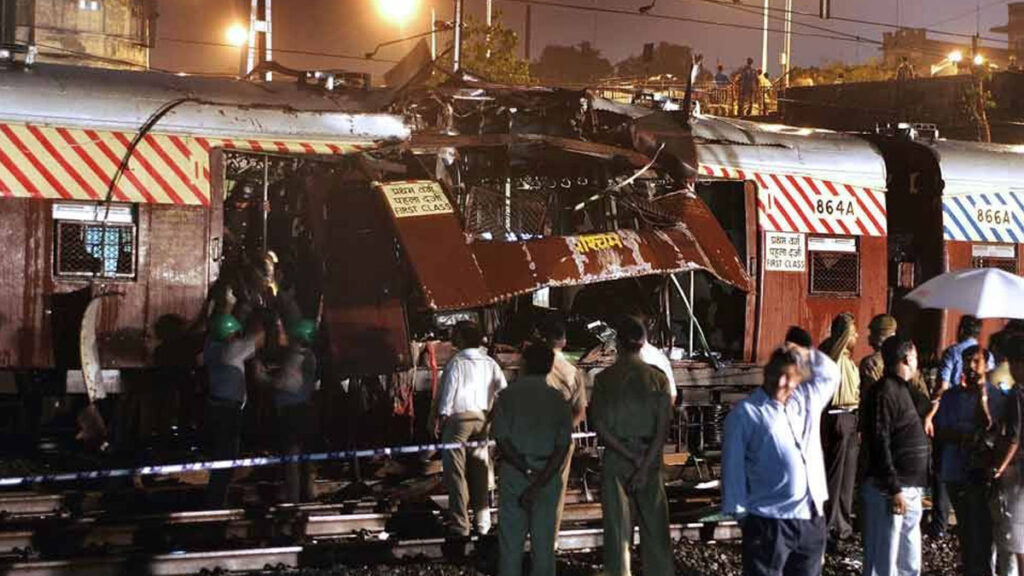Newsmatro

In a landmark judgment, the Bombay High Court has acquitted all 12 individuals previously convicted in the 2006 Mumbai train blasts case, overturning the death penalties and life sentences handed down by a special court in 2015. The High Court cited lack of reliable evidence and procedural lapses in the investigation as primary reasons for setting aside the convictions. This decision has reignited national debate on justice, investigation standards, and the 7/11 blasts that shook the nation.
On July 11, 2006, a series of seven coordinated bomb blasts tore through Mumbai’s suburban train network during peak hours, killing 189 people and injuring over 800 others. The explosions occurred within 11 minutes across first-class compartments of Western Railway trains, marking one of the deadliest terror attacks in India’s history.
After years of investigation, 12 men were convicted in 2015 by a special Maharashtra Control of Organised Crime Act (MCOCA) court.
Five of them were sentenced to death
Seven received life imprisonment
They were accused of planting pressure cooker bombs on trains, and their alleged links were traced to the banned terror group Lashkar-e-Taiba and the Students Islamic Movement of India (SIMI).
On July 21, 2025, a division bench of the Bombay High Court acquitted all 12 accused, stating that:
The prosecution failed to establish guilt beyond reasonable doubt
There were serious loopholes in the collection and presentation of evidence
Some confessions appeared coerced and inconsistent with forensic reports
The witness testimonies lacked credibility and corroboration
The court emphasized the importance of fair trials and expressed concern over potential miscarriage of justice due to investigative flaws.
The verdict has sparked mixed emotions:
Families of victims expressed shock and disappointment, demanding accountability and appealing for fresh investigation.
Lawyers of the acquitted men welcomed the verdict, calling it a “victory of truth and justice.”
Legal experts have called for a review of police investigation practices and urged reforms in how terror-related cases are handled.
The Maharashtra government is expected to challenge the High Court’s ruling in the Supreme Court. Senior officials have stated that justice for victims remains a top priority and that “no stone will be left unturned.”
Opposition parties have questioned the integrity of the original investigation, seeking answers for the prolonged delay in justice delivery.
The acquittal of all 12 accused in the 2006 Mumbai train blasts case marks a dramatic turn in one of India’s most significant terror trials. While the verdict upholds legal principles of fairness and due process, it also raises unsettling questions about the quality of investigation and the long road to justice for hundreds of affected families.